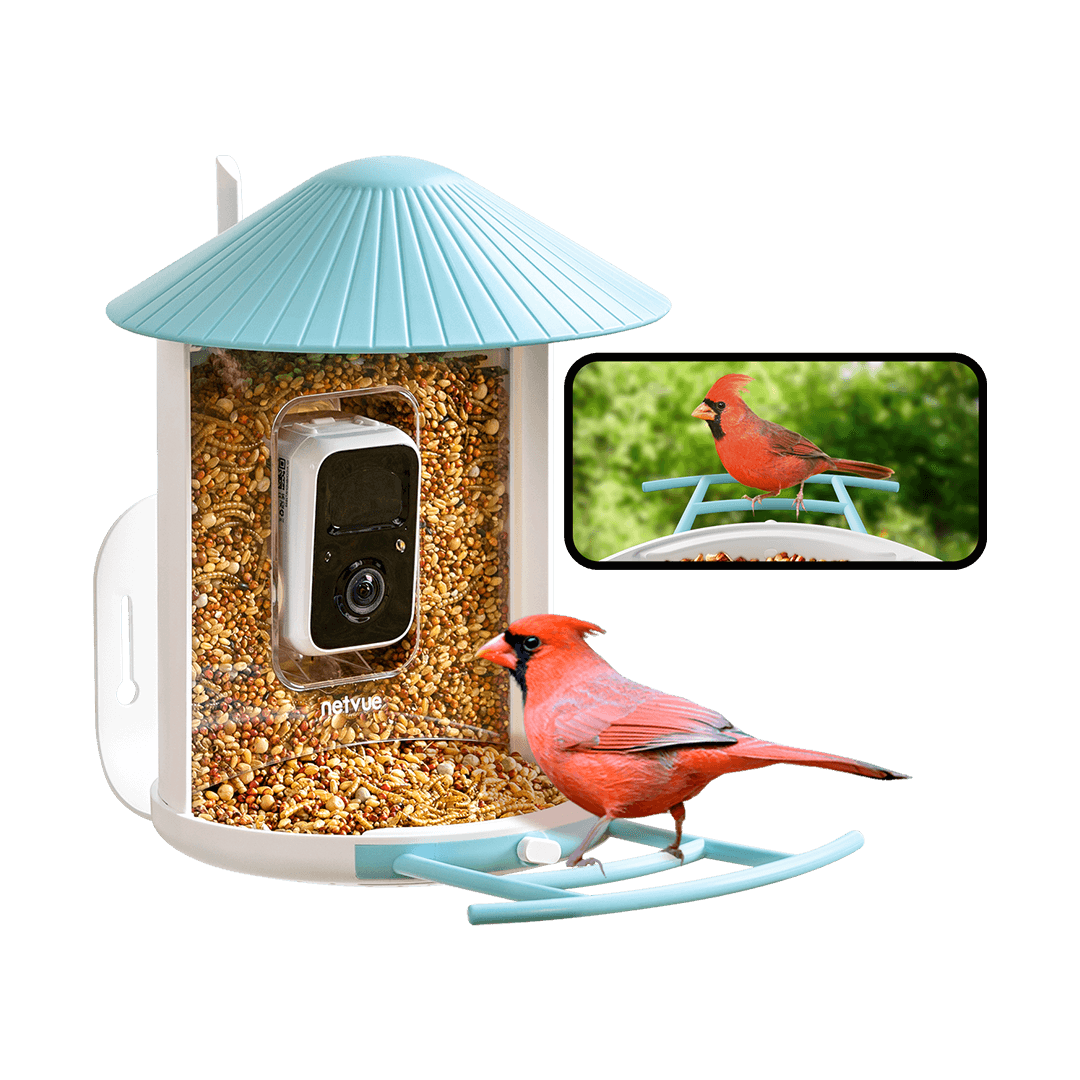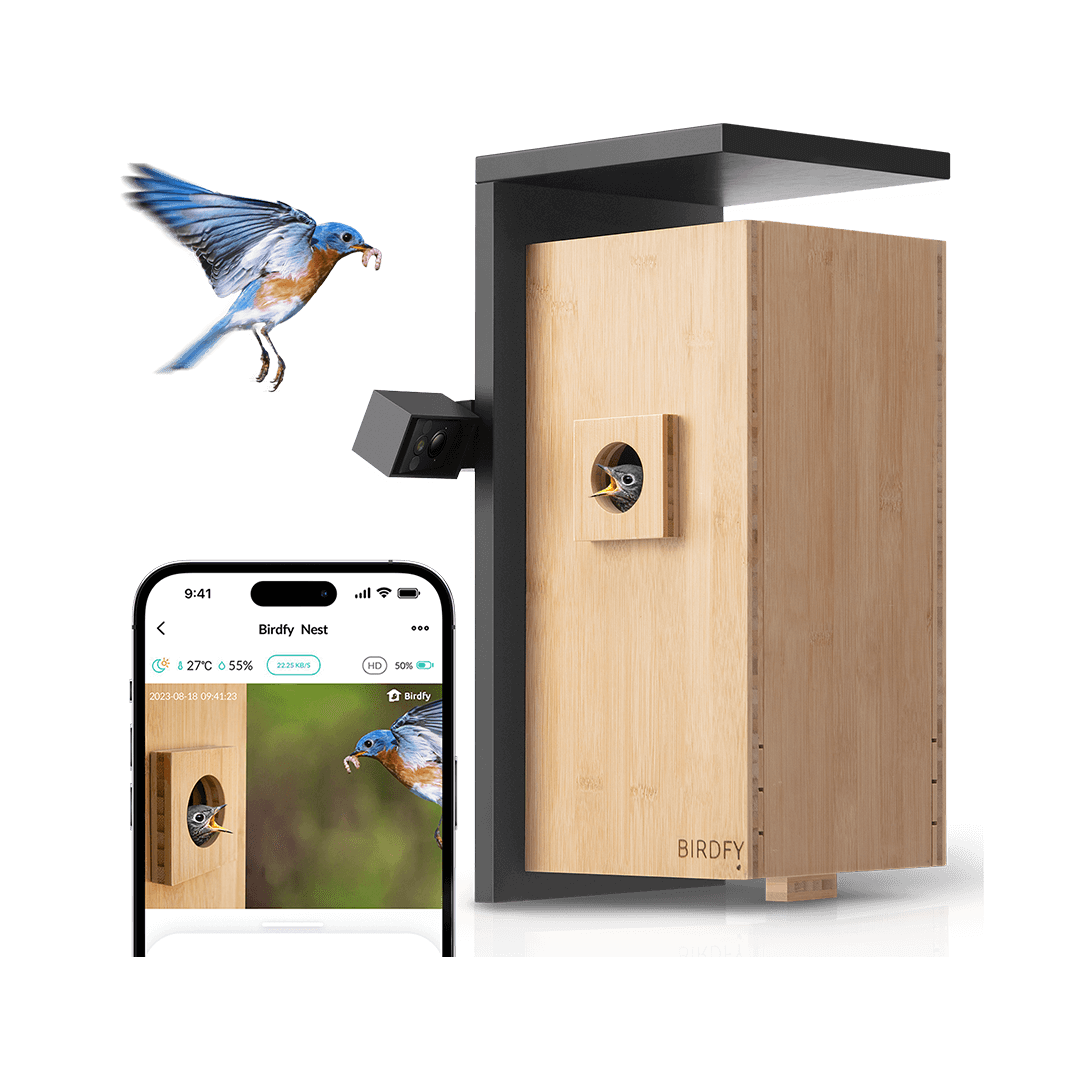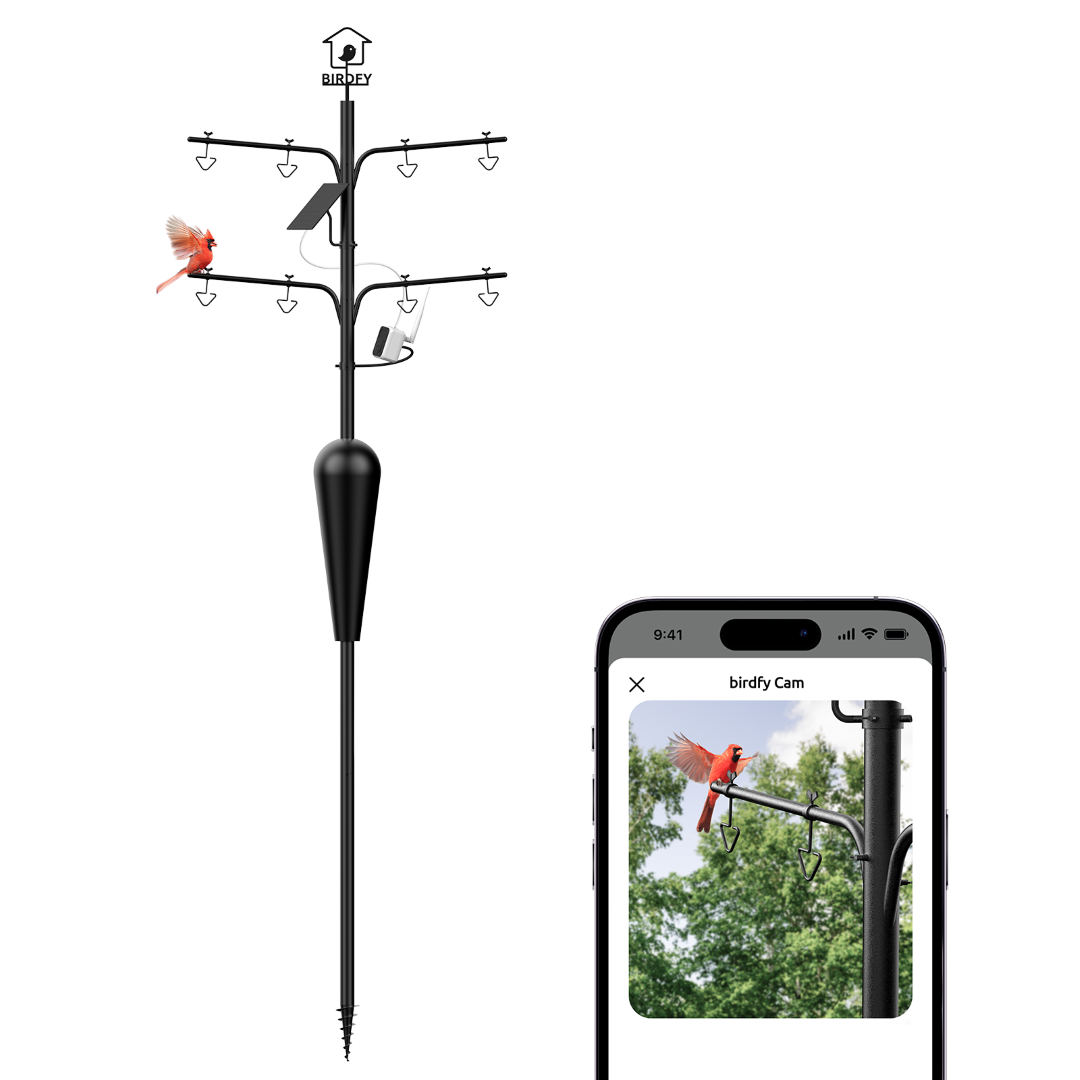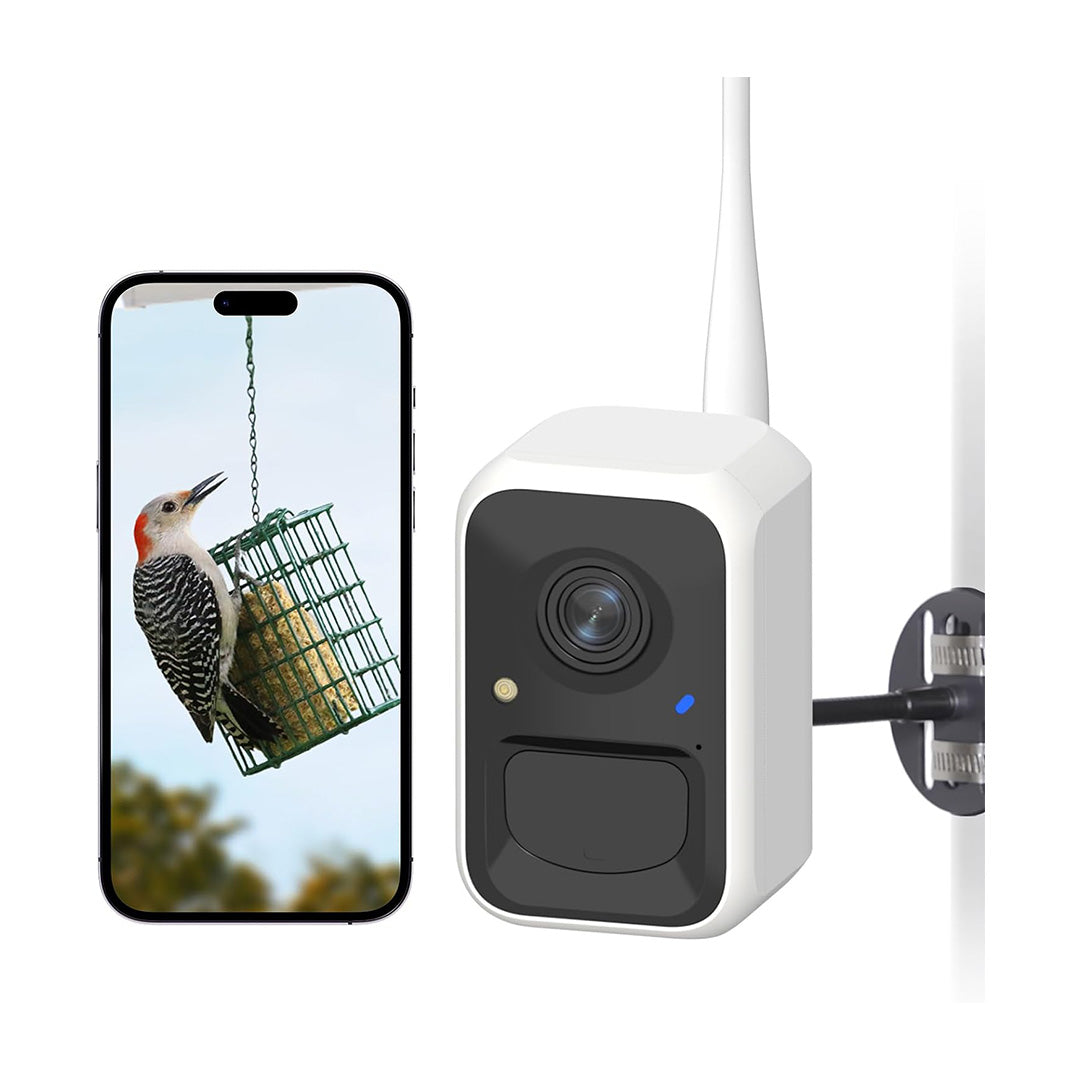Mother’s Day
Dr Stephen Moss, Global Consultant, NETVUE Birdfy
Mother’s Day is a key event in our human calendar – taking place on a Sunday in May (USA) or March (UK). On this day we celebrate the special role of mothers in our own families. But what part do mothers play in the life of birds?
Birds – like all wild creatures – are driven by instinct, a series of behaviours that have evolved over many millennia. Many of these behaviours are shared by all – or almost all – birds, but there are some exceptions to the rule, which might surprise you!

1. GETTING READY FOR MOTHERHOOD
In most species of bird, especially those in temperate regions of Europe and North America, the breeding season begins early in the year as the birds either pair up for the first time, or in longer-lived and more monogamous birds such as Mute and Tundra Swans, renew their pair bond for another year.
Whether pairing up for the first time or doing so with a familiar mate, this often involves a formal courtship display. In these, the female often plays a more subservient role to the male – he often takes the lead, approaching her and initiating the ritual. For example, male Feral Pigeons will fluff up their feathers to try to impress their potential mate, while she appears to be possible.
Likewise in species that perform a lekking display, such as many species of grouse, the males gather together to spar with one another in the hope of attracting the females (which often watch the events from a distance, or even out of sight).
Both these examples suggest that the males are somehow ‘in charge’, or that they play a more important role. Yet in fact the females are the ones that choose their mate, and so the power really lies with them!

2. EGGS
Just as only female humans are able to get pregnant, one thing male birds certainly cannot do is lay eggs! That duty goes to the female; and although many species – especially songbirds – do share the incubation duties, in other species, such as ducks, wrens and hornbills, the female does all the hard work here too.
3. CHICKS
Again, females often do the lion’s share of raising their precious chicks: most mother songbirds – which are altricial (nidicolous), which means they are born blind and helpless – stay on the nest for long periods, especially when the chicks are very young. Once they begin to grow and develop the female will then join her mate in finding food for them.
With precocial (nidifugous) birds – those whose chicks are able to leave the nest almost as soon as they hatch, including ducks, geese, swans and many waders and shorebirds – the females will usually take the main mothering role, with the youngsters staying close to their mother while they are small and vulnerable to predators.
In the case of the Common Eider, and also Ostriches, Greater Flamingos and some species of terns and penguins, one or two mothers may form a creche, looking after the offspring from different families. This enables the other mothers to feed away from their young, while still knowing they are safe.

4. NOT SUCH GOOD MOTHERS
Not all birds are such attentive and dutiful mothers. In the case of a handful of species, including all three phalaropes and the Dotterel (a member of the plover family), the females are not only more brightly-coloured than the males, but they take little or no part in raising their family.
They still have to mate and lay the eggs, of course, but once they have done so they leave all the parenting duties up to their mate. Indeed, some female Dotterels that breed in Scotland head off to Norway as soon as they have laid their clutch of eggs, to raise a second family there.
And of course brood parasites such as the Eurasian Cuckoo and the cowbirds, which lay their eggs in the nests of other species of birds, never meet their offspring at all!

WEB LINKS
Brood Parasitism:
https://www.nature.com/scitable/knowledge/library/the-ecology-of-avian-brood-parasitism-14724491/






